Of course it does, we all know that. But this isn’t your 5th grade piano recital, so what does it mean in the context of law school exams?
It means that doing practice exams is the best way to really prepare yourself for the “real deal.”
But, just doing the practice exams isn’t enough! There are ways to approach practice exams that will make them more effective….here’s a list of what you can do:
1) Do them under timed, exam-like conditions. Sure, everyone can write the perfect answer to an exam question, if they had all the time in the world and full access to all their notes. But of course, you don’t get unlimited time on exams, so why would you practice that way? One of the biggest hurdles in exams is making the most of your limited time, so practice reading, organizing your answer and writing quickly and you’ll be more likely to know how to pace yourself and finish come exam time.
2) Do all of the exams your professor has on file, if possible. This doesn’t apply to everyone – not all professors have exams on file. But if they do, do them! It helps to get a feel for your professor’s style – of course, they are not going to repeat an exam once it’s been released to students, but you’ll likely see patterns in the style of questioning, or topics that appear frequently, and it will help you be better prepared for what is on your exam.
3) If you are practicing multiple choice questions, READ THE EXPLANATIONS! Don’t assume that, just because you got an answer correct, you got it correct for the right reasons! Maybe you just guessed right, or maybe you thought you were applying the correct law but in reality, the question was about something totally different and you were just lucky. So, read the explanations for ALL choices – even the wrong answers. And more importantly – make sure you understand those explanations and would be able to explain them to someone else in your own words. Without this important step, you can do all the multiple choice questions in the world but you won’t really be helping yourself improve at all.
4) Have someone look at your answers. If you are writing essays, it’s very hard to objectively look at your own answer and determine if your analysis is sufficient. It’s easy to see if you spotted the right issue, and if you cited the correct law, but it’s not as easy to determine if you applied the law enough to maximize your points. Have someone – a professor, Academic Support, a Dean’s Scholar, even a study group friend – look at your practice exam for you. Sometimes, the less they know about the subject, the better, because if they can’t understand what you were trying to convey, you likely didn’t include enough of an analysis! An objective eye can make those practice exams a useful tool that you can learn from, and that will improve your writing immensely before the real final exam!
Good luck!


Leave a Reply